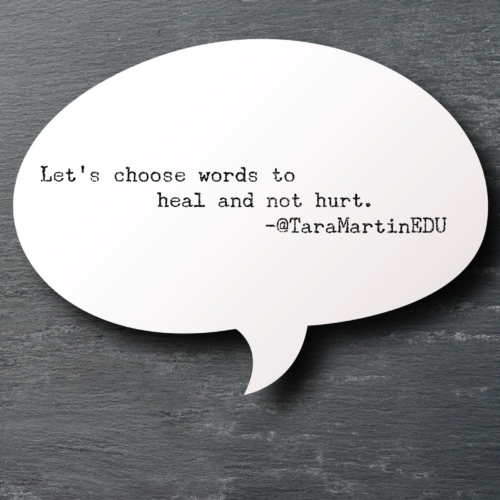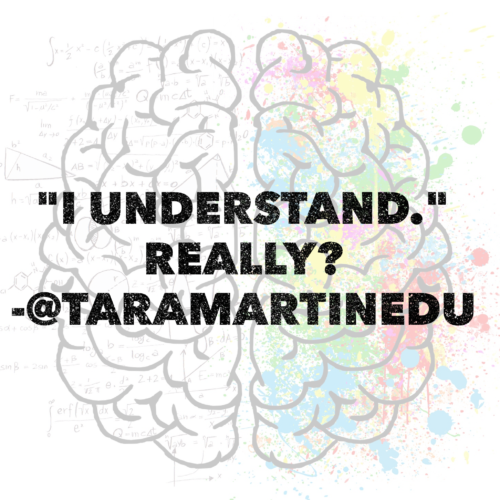Recently I was filling in as a principal, and I had the usual traffic parading through the front office–sassy students, naughty students, students needing positive attention, and the ever remorseful first-timers. It was one of those days I thought I might be able to check at least one email and even that didn’t happen until I sat down in my car that evening in the parking lot.
With all of my interactions with students this particular day, I noticed one thing to be incredibly effective–my go to “humble inquiry” approach. I’d ask the student, “How might you explain what is going on?” They would answer in a variety of ways. Some would flat-out own the whole incident, while others would name a million excuses for why it happened. Still, there were others that pondered my question.
This one child, in particular, stood out to me, “Do you mean why I did what I did or how I’m feeling inside?” To that, I simply stated, “Whichever you feel comfortable sharing with me to help better understand why you’re having a tough time today.” She went on to tell me about this tragic event that had happened in her life and how she is hurting deeply. She then said something that has been an ongoing thought in my head for years, “People keep saying, ‘I understand what you’re going through, but…'” She continued, “I don’t think they understand at all. They don’t know what I’m feeling. They don’t know what I’m thinking. No one understands.” She went on to share, “If they understood, they would know why I feel sick inside and can’t focus on this stupid work I already know how to do.” I fought back the tears and simply said, “You’re so right. No one can truly know what it’s like to live a day in your life. It’s impossible. I’m so sorry you are hurting.” From that moment, we went on to talk about the series of events and brainstormed some ways, and supports, to advocate for herself and her thoughts–as well as some behavior tweaks to make for a more successful day at school.
“I understand.”
That has been a pet peeve of mine for years. As humans, we want to console others when they are hurting, but sometimes our words are more harmful than helpful. Side Note, when you don’t know what to say, hugs work. When my dad was killed, I remember people walking up to me and saying, “I understand how you feel. My father died of cancer last year.” Or, they would give some other reference that lead with “I understand…” Their intentions were to comfort me; they wanted to help. Even though I knew this to be true, I wished so badly they could truly understand. One day, I came home and told my husband, “Actually, they don’t understand. They don’t know what’s happening deep within. They have not walked a day in my shoes, and there is absolutely NO way anyone would understand exactly what I’m dealing with in my mind. The reason I know is that I’ve not told a soul many of the thoughts I’m pondering.
So, why do we feel the need to compare one’s situation to a similar one and then say, “I understand.” Really? Do we? Do we feel that this is showing empathy? Is that it? I honestly don’t know, but it seems as though it would be better for us just to speak our truth. “I can’t comprehend how you are feeling, but I’m so sorry. Is there anything I can do to help?”
After speaking to the student mentioned above, I was reminded that what we say can make or break a relationship with students, colleagues, friends, and family. Yes, we are only human, but will we EVER know what it’s like to walk in the shoes of the life of another? No. We can’t. Everyone is so uniquely different. We would do better to say something to the effect of, “I don’t fully understand what you are dealing with in your heart and mind, but I’m here for you.” Or, anything other than, “I understand.” Because we don’t and, as much as we want to, we can’t.
Let’s choose words to heal and not hurt.



